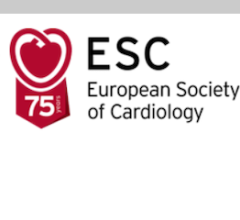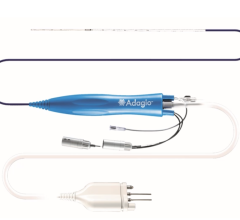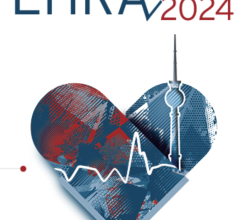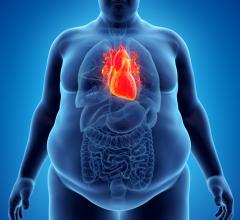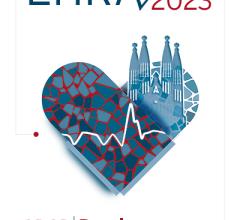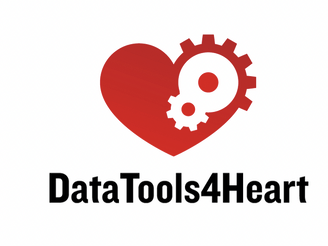
March 21, 2023 — The first platform to combine real-world cardiology data from millions of people in multiple European countries is set to advance research aimed at improving heart health. The EU-funded DataTools4Heart (DT4H) project is backed by the European Society of Cardiology (ESC) and coordinated by the Artificial Intelligence in Medicine lab (BCN-AIM), University of Barcelona, Spain.1
“For the first time, scientists will be able to investigate critical questions in the prevention and treatment of heart disease using data from people across Europe without the data ever leaving the hospital,” said Dr. Polyxeni Gkontra, co-lead of the project and an assistant professor in computational sciences and artificial intelligence (AI) in the Department of Mathematics and Computer Science, University of Barcelona.
Cardiovascular disease is the leading cause of death globally.2 Until now, cardiology data that could advance research and healthcare has remained unused in hospitals across Europe. This is due to data privacy requirements and variations in data formats and languages. To tackle these challenges, DT4H will extract, translate, and reuse data in a federated manner, i.e. without the information being shared with anyone or transferred out of the hospital.
DT4H will use data that hospitals already hold in electronic health records. This will include structured information, such as diagnoses, medications, diagnostic measurements and procedures, and unstructured information including referral letters, discharge letters, clinical notes, radiology reports and surgical reports.
Dr. Gkontra explained: "To enable information from diverse countries and cardiology units to be combined, it will be harmonised and converted into a common format. Patient privacy will be protected through federated learning. This means that instead of gathering data from hospitals in one place to train an AI model to answer a specific research question, the model itself will be sent to each hospital for onsite training using local data. The resulting individual models will then be aggregated at a central location. The updated model will be returned to each site to continue training and the process will be repeated until the model is fully trained."
Eight hospitals covering seven languages (Spanish, Dutch, Swedish, English, Czech, Italian and Romanian) will test out the system over the next two years using clinical questions from their outpatient and emergency departments. Multilingual, AI-powered virtual assistants will help clinician researchers to navigate through the platform and data.
Dr. Gkontra said: “The types of questions that may be investigated include how to risk stratify emergency admissions for heart failure to inform appropriate care, and how to triage patients with cardiac complaints. What makes the DT4H platform unique is that it will use both structured and unstructured data from different countries covering a wide range of individuals whereas existing models are limited to a single country, are trained with small amounts of data, and/or are mainly based on structured data.”
Researchers from across the globe will have access to an initial version of the platform through a web portal in October 2024. The model will be continually updated and improved with user feedback until the end of the project and final release of the platform in October 2026.
Dr. Gkontra said: “We hope this innovative project will improve heart health by unlocking vast amounts of currently unused data to address critical clinical questions.
For more information: www.escardio.org
References:
1DT4H: A European Health Data Toolbox for Enhancing Cardiology Data Interoperability, Reusability and Privacy.
2WHO: The top 10causes of death


 August 29, 2025
August 29, 2025 
